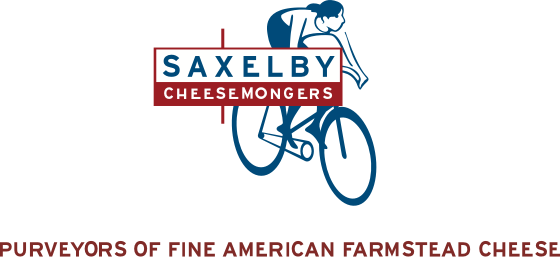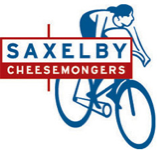
Mark and Gari Fischer, the owners of Woodcock Farm in Weston, Vermont, have embodied the spirit of artisan cheesemaking for 23 years. Taste a slice of Timberdoodle and you'll see why we love them: Woodcock Farm makes cheeses with expansive flavor and impressive precision that deeply reflect the source of their milk. Now, after more than two decades in the industry, they're ready to pass the torch.
"I like the lifestyle," Mark Fischer, 70, says. "I like the animals and making cheese that people enjoy. If I were 20 years younger, I'd think about expanding the business myself." But farming and cheesemaking are hard, constant work, he explains, and he and his wife are ready for a less intensive lifestyle. More travel, less chasing after sheep that escape the barn.
Woodcock Farm is continuing to make cheese while courting buyers to take over the business, including the brand, recipes, and equipment. Serious potential buyers should write to woodcockfarm@myfairpoint.net.

The Fischers had careers in the arts before they decided to leave city life and pursue artisan cheese. Before opening Woodcock Farm in 2000, Mark studied sheep milking and cheesemaking with David Major of Vermont Shepherd, an American trailblazer in sheep's milk cheese. "There was a lot of interest and curiosity about cheese in that period, and many educational opportunities," Fischer says. The artisan food movement was gaining steam. Major had brought cheesemakers over from France to share their experience with American makers, including Fischer. In 2004, the University of Vermont established the Vermont Institute for Artisan Cheese, an educational body that, along with state-by-state cheese councils, rapidly beefed up technical knowledge and professionalized the artisan side of the cheesemaking industry.
It was a wave, and the Fischers were in a good position to ride it. Woodcock Farm began with a herd of 35 sheep to supply milk for their cheese, supplemented by Jersey cow's milk they bought from a nearby farm. Awards soon followed. At the peak of their production in 2018 and 2019, the Fischers made 20,000 pounds of cheese a year.
"There's nothing unique about our products other than they come from us and the quality of the milk we use," Fischer says. He's being humble. Fischer is an inveterate tinkerer, and his cheeses reflect attention to detail coupled with a creative streak. Saxelby Cheesemongers owner Benoit Breal puts it this way: "If you have shopped at Saxelby Cheesemongers over the past 17 years (and I believe you have if you are reading this article), chances are that you have sunk your teeth into a piece of cheese made by Gari and Mark Fisher from Woodcock Farm. From the iconic Weston Wheel to the rich and gooey Humble Pie to the massive and rustic True Blue, all the cheeses brought to Saxelby Cheesemongers by this immensely talented duo have given us formidable emotions."

Artisan cheese in 2023 is a whole different animal than it was in 2000. There are more small cheesemakers than ever, sharing more dairy know-how than past generations could dream of. But a more sophisticated industry is a more competitive industry, and these days, Fischer thinks, branding and marketing matter just as much as great cheese. "Like any other business, you have to scale to make it viable," he says, and he and Gari were only interested in so much scale.
Around 2014, the Fischers decided to part with most of their sheep in favor of buying sheep's milk from an Amish dairy coop. Wrangling farm animals is a 24/7 job all on its own, and the Fischers had their hands full. They'd get part time staff and interns here and there, but "every time you hire someone, you have to sell another 5,000 pounds of cheese to cover their salary," Fischer says. More staff would have required more training, production, marketing, and equipment—all work that would have taken the Fischers from their core purpose of making great cheese. "For me, that wasn't my goal."
As the Fischers try to extricate themselves from the cheesemaking business, they find it's like trying to get off a fast-spinning merry-go-round. Cows need to be milked whether you want to make cheese that day or not, and even though they're not milking their own animals for cheese, the Fischers want to keep a good relationship with the farms that supply their milk. Everything is connected in agriculture—it's an ecosystem, not a day job—and good relationships are critical.

What the Fischers want to offer prospective buyers is a strong brand with recognizable cheeses, a suite of cheesemaking equipment, and a long track record of consistent sales. They figure they can offer the next generation a leg up on that process for a fraction of the cost of starting from scratch. "It's a business that can be run with two people, and an opportunity to take something and run with it," he says.
"It's been a good life and I've enjoyed its many rewards," he continues. "If you can make and sell 20,000 pounds of cheese a year, it's a good living. It won't be easy for me to not do it some day, but you're either doing it or not doing it—you can't do both. You have to go all in."
Taste the wonderful cheeses from Woodcock Farm!
Farm photos courtesy of Woodcock Farm.

